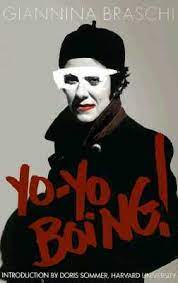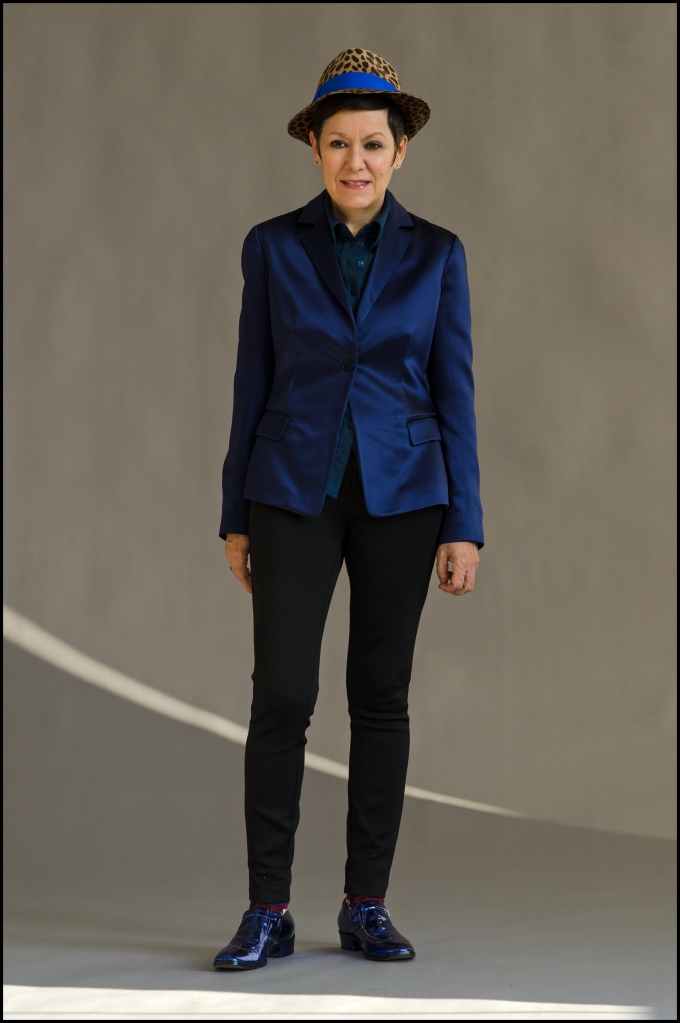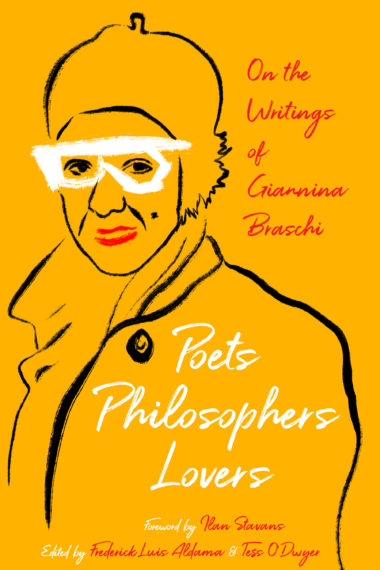Please visit the new website GianninaBraschi.com
Spanglish Classic Novel Yo-Yo Boing!
“Yo-Yo Boing! is a perfect example of translingual practice.” — Francisco Moreno-Fernández (Instituto Cervantes, Harvard University)

“Boing! I have always visto a Giannina Braschi como mi heroína. And I’m an adicto… There is something mágico in her juego de palabras, her exploration of tenses, her anxious, uncompromising bilingüismo que ni es de aquí ni es de aquí ni es de allá, ni tiene age ni porvenir, y ser feliz es su color, su identity. Braschi crea una lexicography that is and isn’t atrapada en el presente.” — Ilan Stavans (Foreword. Poets, Lovers, Philosophers: On the Writings of Giannina Braschi”)
“A fractious comic novel by Braschi, a highly praised Puerto Rican born poet, dramatizes cultural strife between New York City’s American and Latin American populations in a linguistic hybrid of English mixed with untranslated Spanish. An-your-face assertion of the vitality of Latino culture.” — (KIRKUS)
“When you open Giannina Braschi’s…Yo-Yo Boing! you fall into a millennial rabbit hole reminiscent of the pleasurable chaos of Alice in Wonderland; or perhaps it is a Star Trek worm hole transporting us into the next ‘centuria’. Either way, this multilingual, multi-genre tour-de-force swallows the reader wholly into a world of language, both playful and political, both pop and poetic.” — Adriana Estill (Letras Femininas)
“The best demonstration yet of Braschi’s extraordinary virtuosity, her command of many different registers, her dizzying ability to switch between English and Spanish. It is also a very funny novel, a novel of argumentative conversations that cover food, movies, literature, art, the academy, sex, memory, and everyday life. It is a book that should be performed as well as read.” — Jean Franco (Columbia University)

“Exciting, as much a performance piece as a novel.”— (Library Journal)
“While the author may write big books in terms of the traditional expectations about the poetic genre, she is as concerned about the microlevel of her work as the most highly elaborated lyricist. Braschi’s attention to tone and rhythm, to the music of her text, is extreme.” — Debra Castillo (Redreaming America: Toward a Bilingual American Culture)
“A rush of gloriously nuanced Spanish sentences that teeter between the grotesque and burlesque…the text transmutes poetry into novel, into screenplay, dialogue, and by extension to more and sometimes unidentified variants. The back and forth, the slips and skips, give the book its doubled and buoyant name.” – Doris Sommer (Harvard University)
“A tour de force, not only because of its linguistic sophistication but because of the cognitive demands it presents the reader.” — Christopher González (Permissible Narratives: The Promise of Latino/a Literature)
“It’s what I call superb writing. It’s as much a performance piece as it is a novel. I’d like to stage it.” — Barney Rosset (Evergreen Review)

Excerpt from Yo-Yo Boing!
Saluda al sol, araña
If I respected languages like you do, I wouldn’t write at all. El muro de Berlín fue derribado. Why can’t I do the same. Desde la torre de Babel, las lenguas han sido siempre una forma de divorciarnos del resto de la humanidad. Poetry must find ways of breaking distance. I’m not reducing my audience. On the contrary, I’m going to have a bigger audience with the common markets–in Europe–in America. And besides, all languages are dialects that are made to break new grounds. I feel like Dante, Petrarca and Boccaccio, and I even feel like Garcilaso forging a new language. Saludo al nuevo siglo, el siglo del nuevo lenguaje de América, y le digo
Yo-Yo Boing!
adiós a la retórica separatista y a los atavismos.
Saluda al sol, araña,
no seas rencorosa.
Un beso,
Giannina Braschi


